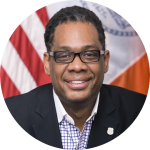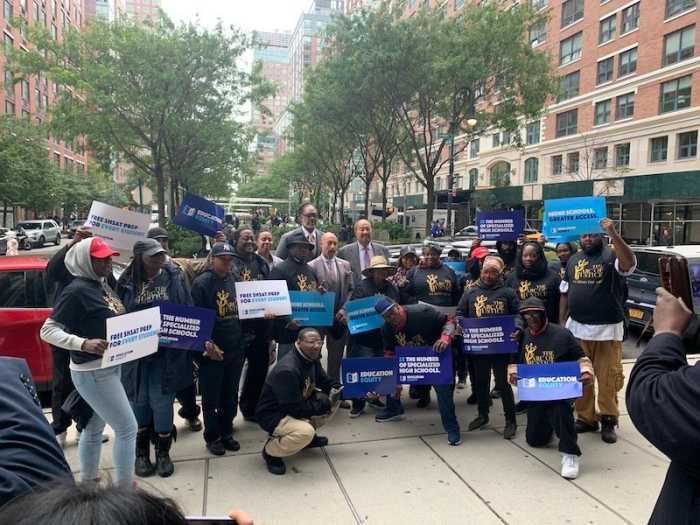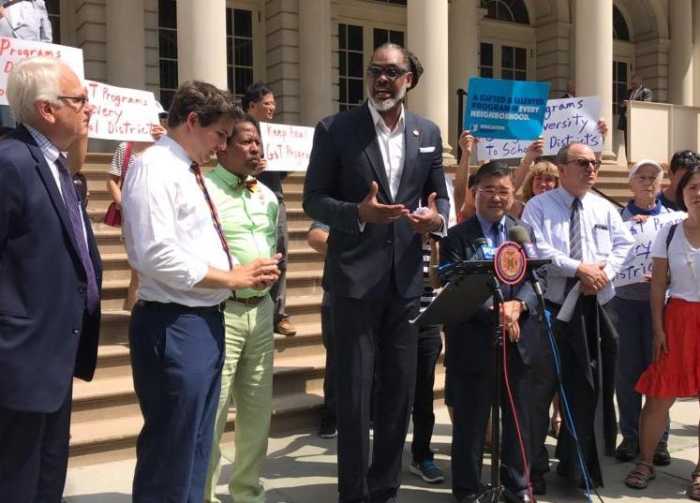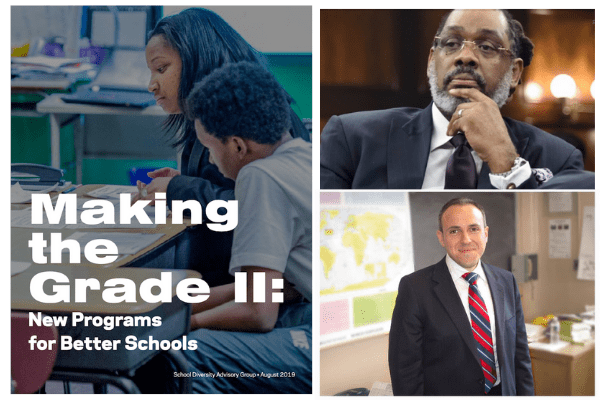City Councilmember and Brooklyn Borough President Candidate Robert Cornegy Jr. (D-Bedford-Stuyvesant, Northern Crown Heights) Monday went to bat for more funding for the arts as an integral part of elementary and high school education.
Cornegy made his position known as part of a virtual panel discussion that the New York City Arts in Education Roundtable (NYCAIER) and the Brooklyn Children’s Museum co-hosted to explore the urgent need for the arts to help kids process the world around them.

“Art has always been the catalyst for change,” Cornegy said. “Societies are shaped by what the art of the day was so it should be integrated in our school systems.”
Cornegy noted that although most people didn’t associate with him the arts because of his basketball career, he has been a baritone sax player all his life. Arts shouldn’t be an ancillary part of a youth’s education but incorporated into the curriculum as the way he had it when he was in school, said Cornegy.
Grey Lambert, a public high school senior, explained how the arts impacted him as he displayed a jacket with hand-sewn images and pockets that he added.
“I was able to take things that I can’t express in any other way and make them in ways that you can touch and feel them,” Lambert said.
Lambert’s words were echoed in agreement by panelists advocating to restore the identification of arts as essential education with a spotlight on the importance during COVID-19.
“We are talking about a time of a pandemic and one thing that you see people doing- they’re making things, creating music, and dancing. They are creating,” said nS 26 The Jesse Owens School visual arts teacher Elizabeth Kinkel.
NYCAIER has been committed to arts in public education for years, but after this year’s budget cut funding to arts education in city schools, the organization launched the “Arts Are Essential” campaign to raise awareness for the importance of bringing arts education to schools.
The campaign not only advocates for arts education but for funding contracts to over 300 cultural institutions to get supplemental arts education restored.
The discussion highlighted the importance of arts in children and young adults’ lives, as it serves as an outlet for creation and self-efficacy, a factor Kinkel thinks should be at par with the STEM [science, technology, engineering, and mathematics] subjects.
“When a child comes running saying, ‘mommy look what I made’, you better believe they are not holding a worksheet. They are holding something they created,” she said.










